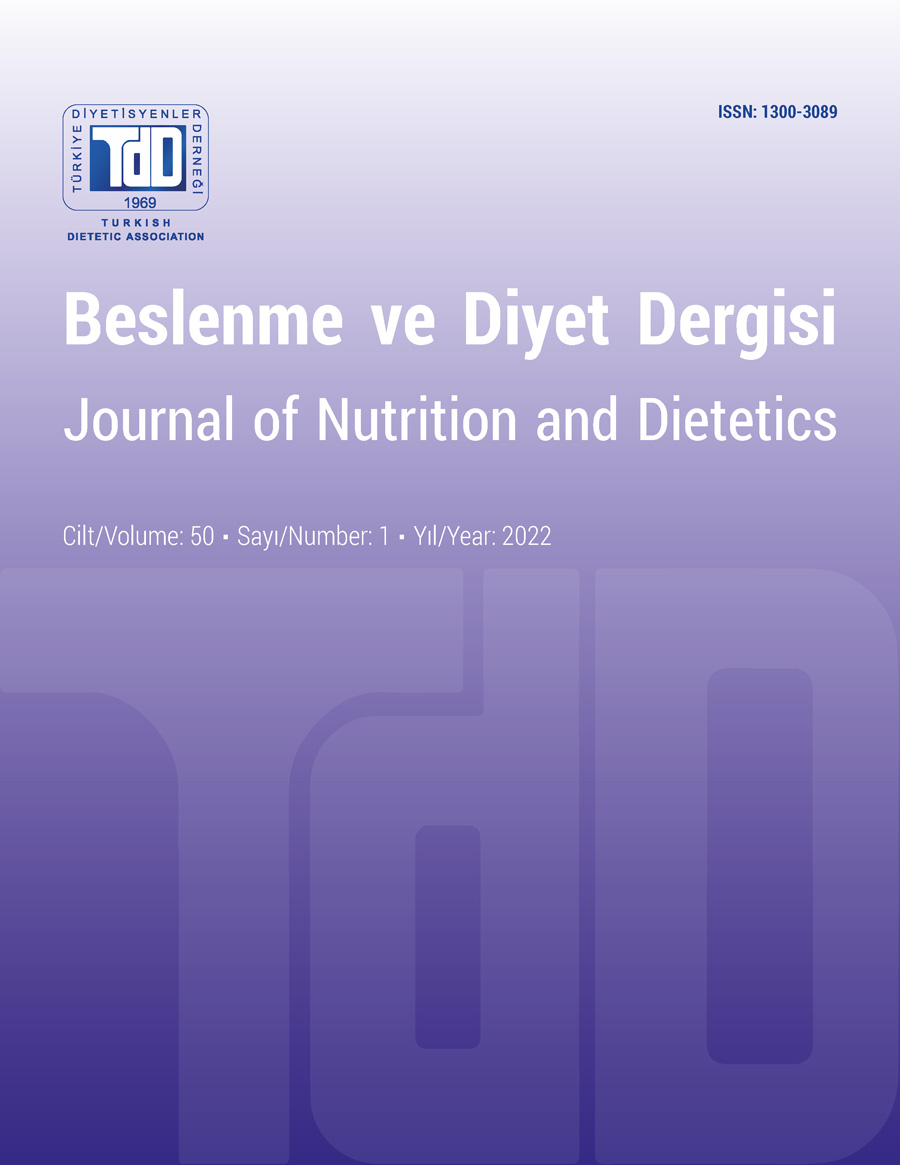Post-Exercise Energy Intake and Appetite in Obese Adolescents: Systematic Review
DOI:
https://doi.org/10.33076/2022.BDD.1506Keywords:
Obesity, exercise, energy intake, appetite, adolescentsAbstract
Adolescent obesity has become an important health problem due to the increase in physical inactivity in recent years. It is predicted that the prevalence of obesity will increase even more, especially due to the Covid-19 global epidemic. As a lifestyle change strategy, both reducing energy intake and increasing energy expenditure are recommended. Moderate intensity (40-75% VO2max) aerobic exercises are generally recommended for adolescents who are obese. However, the effect of different exercise models on the treatment of obesity, regardless of the intensity of exercise, continues to be investigated. Nevertheless, the effect of exercise on appetite should be considered in the treatment of obesity. According to the results of our research, which compiled post-exercise energy intake and appetite changes in obese adolescents obesity, acute exercise intervention appears to reduce energy intake without altering subsequent subjective appetite sensations. However, exercise-meal timing has no effect on energy intake; it has been concluded that sensations such as hunger, satiety, desire to eat, and influence on orientation to food. More studies are needed to examine the effects of programmed exercise models of type, intensity, frequency and duration on energy intake and appetite in obese adolescents.

